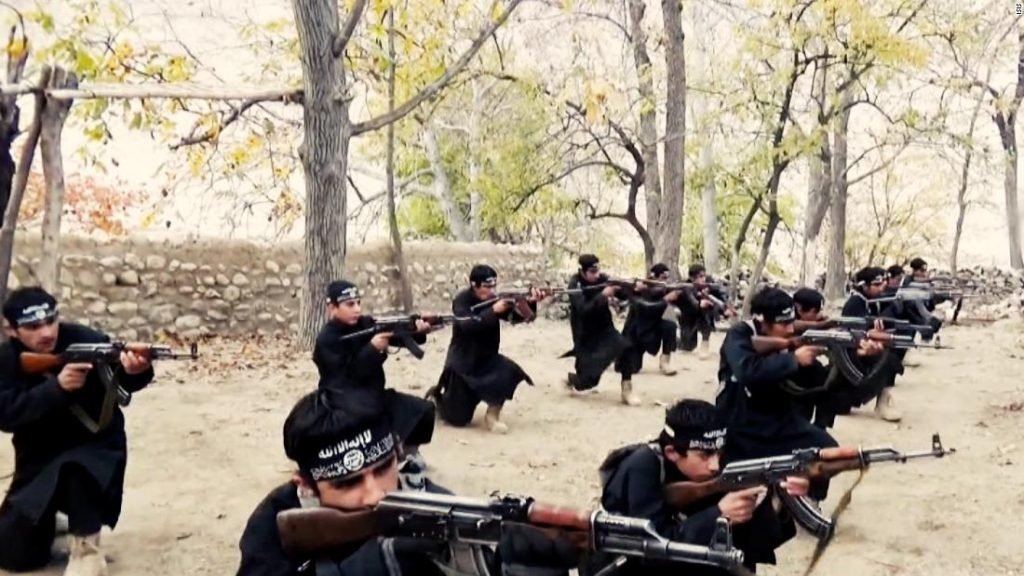What is ISIS-K and why it attacked Moscow concert theatre? Islamic State Khorasan (ISIS-K), deriving its name from the historical term for a region spanning parts of Iran, Turkmenistan, and Afghanistan, came into prominence in eastern Afghanistan in late 2014, swiftly gaining notoriety for its extreme brutality.
ISIS-K and Moscow concert theatre
Affiliation and Decline
Regarded as one of the most active regional branches of the Islamic State has witnessed a decline in membership since its peak around 2018, with significant losses inflicted by both the Taliban and U.S. forces.
Impact of U.S. Troop Withdrawal
Following the withdrawal of U.S. troops from Afghanistan in 2021, the United States has noted a reduction in its capacity to gather intelligence on extremist groups such as ISIS-K.
History of Attacks
ISIS-K has a track record of perpetrating attacks, both within and beyond Afghanistan, targeting locations such as mosques.
Notably, the group claimed responsibility for twin bombings in Iran earlier this year, resulting in nearly 100 casualties.
Previous Incidents
In September 2022, the militants carried out a suicide bombing at the Russian embassy in Kabul.
Additionally, the group orchestrated an assault on Kabul’s international airport in 2021, resulting in casualties among U.S. troops and civilians during the tumultuous evacuation from Afghanistan.
Threats Beyond Afghanistan
Recent warnings from senior U.S. military officials suggest that ISIS-K could pose a threat to U.S. and Western interests beyond Afghanistan, potentially with minimal forewarning.
Motives for Targeting Russia
The recent attack claimed by ISIS-K in Russia underscores a significant escalation.
Experts suggest that the group’s opposition to Russian President Vladimir Putin has intensified in recent years, with frequent criticisms featured in its propaganda.
“ISIS-K has been fixated on Russia for the past two years, frequently criticizing Putin in its propaganda,” said Colin Clarke of Soufan Center, a Washington-based research group.
Michael Kugelman of the Washington-based Wilson Center said that ISIS-K “sees Russia as being complicit in activities that regularly oppress Muslims.”
Analyzing Motivations
According to analysts, ISIS-K perceives Russia as complicit in actions that oppress Muslims, contributing to its antagonism towards the Kremlin.
Additionally, the group includes Central Asian militants with grievances against Moscow among its ranks, further fueling its hostility towards Russia.
